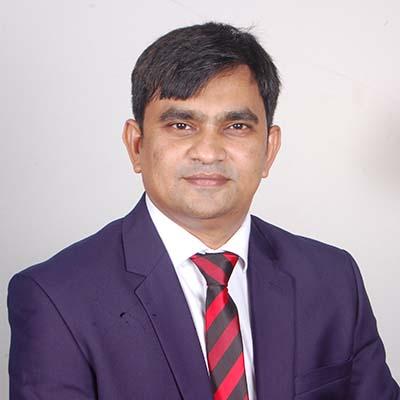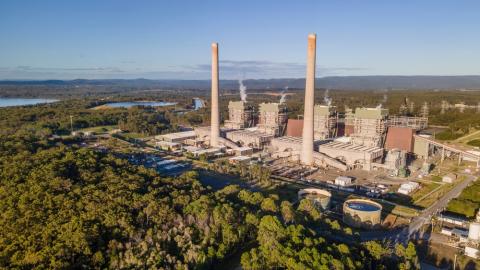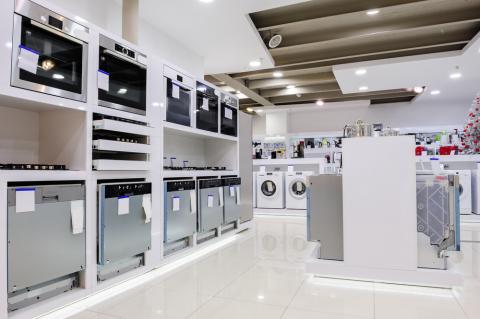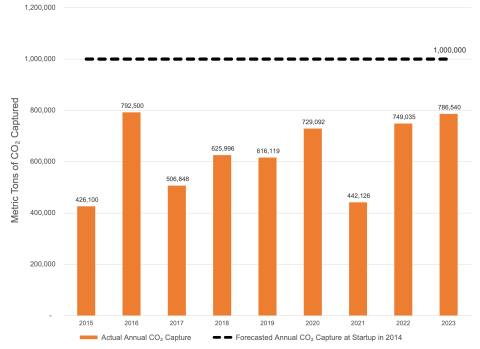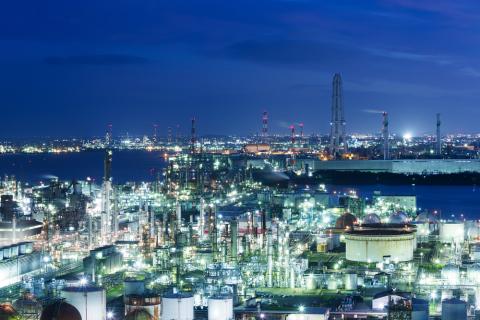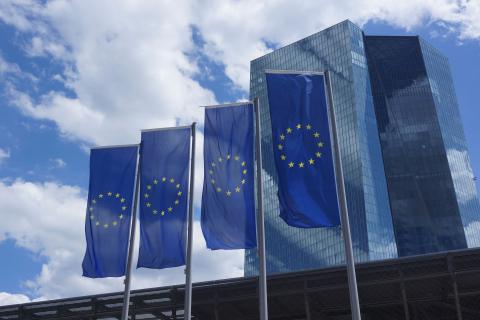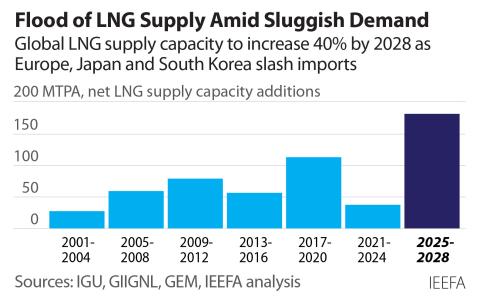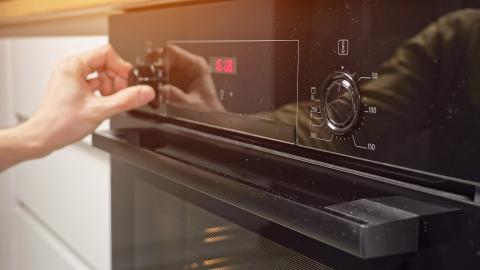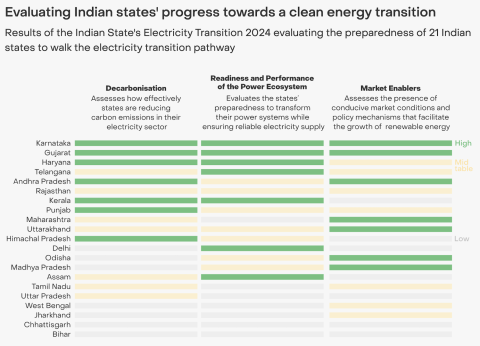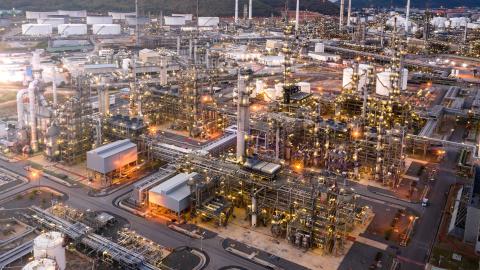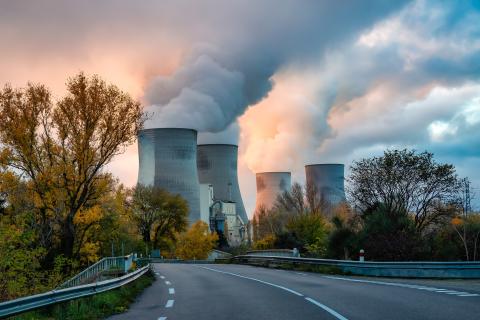Revised tariffs make clean energy compelling for Bangladesh

Key Findings
In the wake of electricity and gas price hikes, different energy consumers will now find clean energy investment more compelling in Bangladesh.
A brief survey of around 40 industries by the Institute for Energy Economics and Financial Analysis (IEEFA) indicates that the industry sector has significant untapped energy efficiency potential. If all industries gradually install waste heat recovery boilers and start using engine jacket water in chillers and water heaters, they can save significant energy consumption per annum on an aggregate basis.
While many households in Bangladesh are accustomed to purchasing efficient appliances, there's a need to raise awareness about the economic benefits of using lower-wattage options, especially considering the payback periods for these appliances have decreased due to the recent energy price hikes.
While energy efficiency and rooftop solar offer green energy investment opportunities, challenges in accessing finance or limited financing lead to negative knock-on effects. It is, therefore, necessary to mobilise finance at scale, drawing on the window of opportunities that different multilateral development banks offer.
The Bangladesh government recently increased power tariffs for all consumer categories due to the upheavals caused by a significant gap between power generation costs and corresponding revenue. The government also revised the natural gas price for power generation.
While inflationary pressures will likely remain high in the wake of electricity and gas price hikes, different energy consumers will now find clean energy investment more compelling.
New tariffs provide impetus for accelerated energy efficiency investment
Bangladeshi industries continue to stride towards enhancing energy efficiency. Yet, a brief survey of around 40 industries by the Institute for Energy Economics and Financial Analysis (IEEFA) indicates that the industry sector has significant untapped energy efficiency potential. This is despite the fact that a good number of the surveyed industries already have installed efficient lights, motors and fans, variable-frequency drives, waste heat recovery boilers, etc. However, a considerable proportion of the surveyed industries are not utilising waste heat produced by their captive generators. Only a small number of industry samples use engine jacket water in chillers and water heaters. If all industries gradually install waste heat recovery boilers and start using engine jacket water in chillers and water heaters, they can save significant energy consumption per annum on an aggregate basis.
The survey also finds that cutting costs and reaching sustainability targets are the two main drivers influencing industrial energy efficiency investment. Therefore, the recent increase in electricity tariffs of around 9.9% per kilowatt-hour (kWh) for medium and large industries and the gas price hike of 2.5% per cubic meter for captive power generation will likely motivate industries to foster energy efficiency further.
Bangladesh’s household sector consumed 55.69% of the grid electricity produced in the fiscal year (FY) 2022-23. As such, increasing energy efficiency in this sector holds significant importance. Although many households are already accustomed to buying efficient appliances, 120-watt ceiling fans are still in the market when energy-efficient 35-watt ceiling fans are available. Perhaps people who can purchase efficient fans are unaware of the economics of using fans that consume less energy.
A ballpark assessment shows that the payback period of a 35-watt ceiling fan costing Bangladeshi Taka (Tk) 6,490 (US$59.12) has now come down to 3.3 years for a household with a monthly energy consumption of around 150kWh (assumptions: 10 hours of operation for 310 days a year and 5% value added tax (VAT) on energy bills; see Figure 1 for payback periods). The payback period was 3.5 and 4.1 years in March 2023 and December 2022, respectively. Similarly, the payback for the same fan is now 3.1 years for a household consuming around 250kWh of energy per month. Such a convincing financial return should motivate households to use ceiling fans with lower wattage.
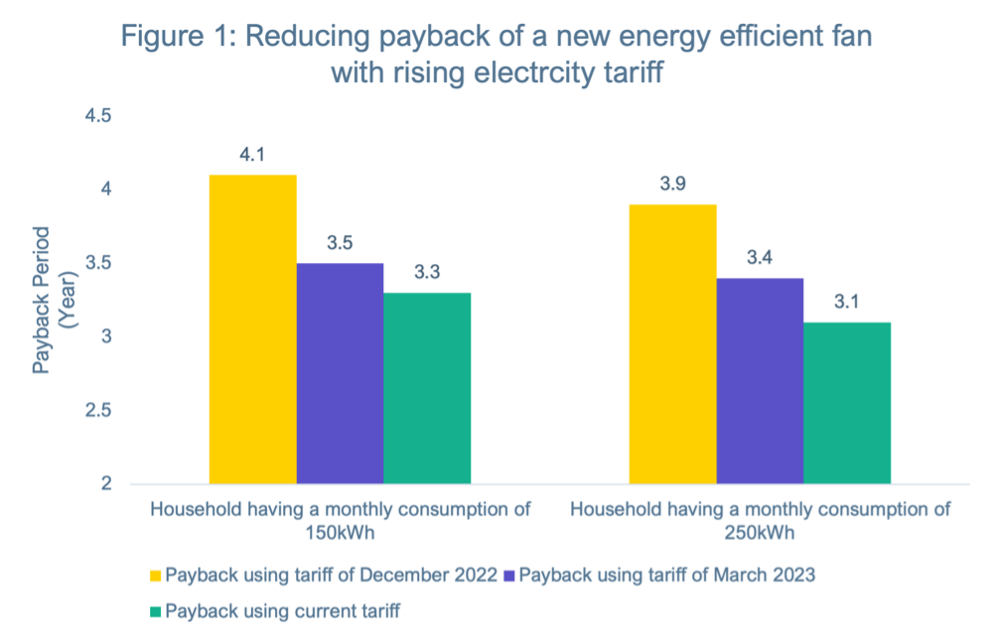
Source: IEEFA Analysis
Households battling high energy tariffs should, therefore, assess the energy consumption of different appliances and their respective purchase prices to make prudent investment decisions.
Rooftop Solar’s competitiveness continues to increase
The recent power tariff adjustment is a boon for rooftop solar expansion, both in industries and commercial buildings. They can now enjoy more savings per kWh of energy.
While the first movers had less savings, the lucrative rooftop solar should now make inroads into all industries and commercial buildings with enough space and load-bearing capacity.
Government intervention is imperative
Despite the increased viability, the regulatory intervention will catalyse the accelerated adoption of energy efficiency measures and rooftop solar.
The Sustainable and Renewable Energy Development Authority (SREDA), established in 2014 on the back of the growing need to promote renewable energy and energy efficiency in Bangladesh, has notable tasks ahead. As combined rooftop solar capacity, under both net-metered and non-net-metered systems, is less than 200 megawatts (MW), SREDA can take a more proactive role through its solar help desk to assess what holds back industries and other establishments from investing in rooftop solar systems.
Likewise, if SREDA organises periodic knowledge exchange events on successful energy efficiency projects, it can tempt designated energy consumers and industries to gradually implement the remaining low-hanging energy efficiency measures and beyond.
Tellingly, SREDA should monitor the status of the mandatory submission of energy auditing reports by different industrial sub-sectors applicable from 2023 and 2024, respectively.
For households, the awareness level of energy efficiency should go beyond the general understanding that energy-efficient appliances save energy. Instead, they need to grasp that an appliance with the lowest wattage among its peers and serving the same needs is the most energy efficient. Energy labels can help consumers choose the most efficient appliance. SREDA should coordinate with the Power Division, under the Ministry of Power, Energy and Mineral Resources, to promptly approve and enforce the standards and labelling regulations.
Finance has a big role
While energy efficiency and rooftop solar offer green energy investment opportunities, challenges in accessing finance or limited financing lead to negative knock-on effects. The Bangladesh Bank’s refinancing scheme of Tk4 billion (US$36.44 million) is the least costly loan facility on offer for which environment-friendly projects of 70 categories compete. The rooftop solar financing facility of Infrastructure Development Company Limited (IDCOL) is just a fraction of what the sector needs. Likewise, IDCOL’s credit line of US$256.5 million for garment and textile sector energy efficiency, supported by the Green Climate Fund, is not enough.
Conversely, commercial banks’ ability to deploy funds for loans at current market rates would not garner the interest from industries or commercial buildings.
It is, therefore, necessary to mobilise finance at scale, drawing on the window of opportunities that different multilateral development banks offer. The Bangladesh Bank may create a dedicated low-cost financing scheme for rooftop solar as it developed for the brick kiln sector, supported by the Asian Development Bank.
In the throes of energy sector challenges, rooftop solar and energy efficiency would help Bangladesh manage the situation better. And if Bangladesh can advance energy efficiency and rooftop solar, taking a sectoral approach, it will end up with manifold larger benefits than one may think of. The investment signal is favourable as Bangladesh is already in the high energy cost regime and tariffs will rise further.
(This article was first published by The Daily Star)

